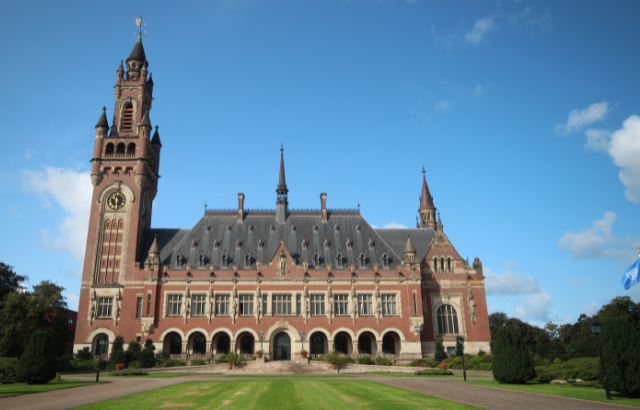Ukip failed to lure Conservative party member voters in 2015, according to new research
Just five per cent of Conservative Party members voted for Ukip in 2015, according to research published by Queen Mary University of London (QMUL) and the University of Sussex.

The results, based on surveys conducted by YouGov, contrast with a 2013 study by the same authors in which 30 per cent of Tory members said they would seriously consider voting for Ukip.
Of the minority who did switch to Ukip, the study finds that only three factors appear to have significantly influenced their decision: concerns about austerity and economic fairness, feeling ideologically distant from the then leader David Cameron, and a sense of being treated with insufficient respect by the leadership.
Tim Bale, co-author and Professor of Politics at QMUL said: “In a way there’s a lot for the Tories to be happy with here. The feared exodus of unhappy grassroots members to Ukip didn’t happen – or at least not to an extent that made a difference where it mattered.
“On the other hand our results suggest that of 150,000 Tory grassroots members, over 7000 probably jumped ship to Ukip. It’s not huge but party members are supposed to be ultra-loyalists – so it’s not insignificant either. Theresa May’s attempt to squeeze Ukip by talking about a hard Brexit and controlling our borders will mean they’re happier in her Conservative Party than they were in David Cameron’s.”
Of those members who scored 0−6 on a ‘likelihood to vote Ukip' scale in 2013, less than 2 per cent voted Ukip. But of those who scored 7−10, some 16 per cent did so.
Paul Webb, co-author and Professor of Politics at Sussex University says that while a number of factors rendered Tory members susceptible to the lure of Ukip, the vast majority stayed loyal “when push came to shove”.
He added: “Those who deserted their own party and actually voted for Ukip at the 2015 general election did so because they felt unloved and under-valued by the leadership, and because they felt their ideological differences with Cameron were too great.”
YouGov conducted an Internet survey of 852 Conservative Party members between 31 May and 11 June 2013 and the researchers then able to return to the sample post-election to find out how these respondents actually voted.
The research was authored by Professor Paul Webb from the University of Sussex and Professor Tim Bale and Dr Monica Poletti from QMUL’s School of Politics and International Relations. The research is published in Politics, a Political Studies Association journal.
Find out more about BA Politics at QMUL.
Related items

10 December 2024

10 December 2024
For media information, contact:
